Hello my Hive Garden friends, hope you are all well!
So, here in the North East of England, we are rapidly rushing towards winter. We're regularly getting below 10 degrees celsius overnight and the rain has been nearly non-stop. It's always a challenging time in the season as pesky pests like snails and slugs start to flourish, as well as the risk of rot taking parts of our precious harvest!
It's not all doom and gloom though, we can take this time to learn and reflect on changes that can be made for the following spring. Gardening isn't an exact science, so failures are expected and can only further our understanding of our own weather cycles as well as how the various crops we grow fare in such conditions.
With that said, here is my late-season update! Enjoy and make sure to pass on any tips & tricks that you've picked up along the way! 🤗

THE GOOD
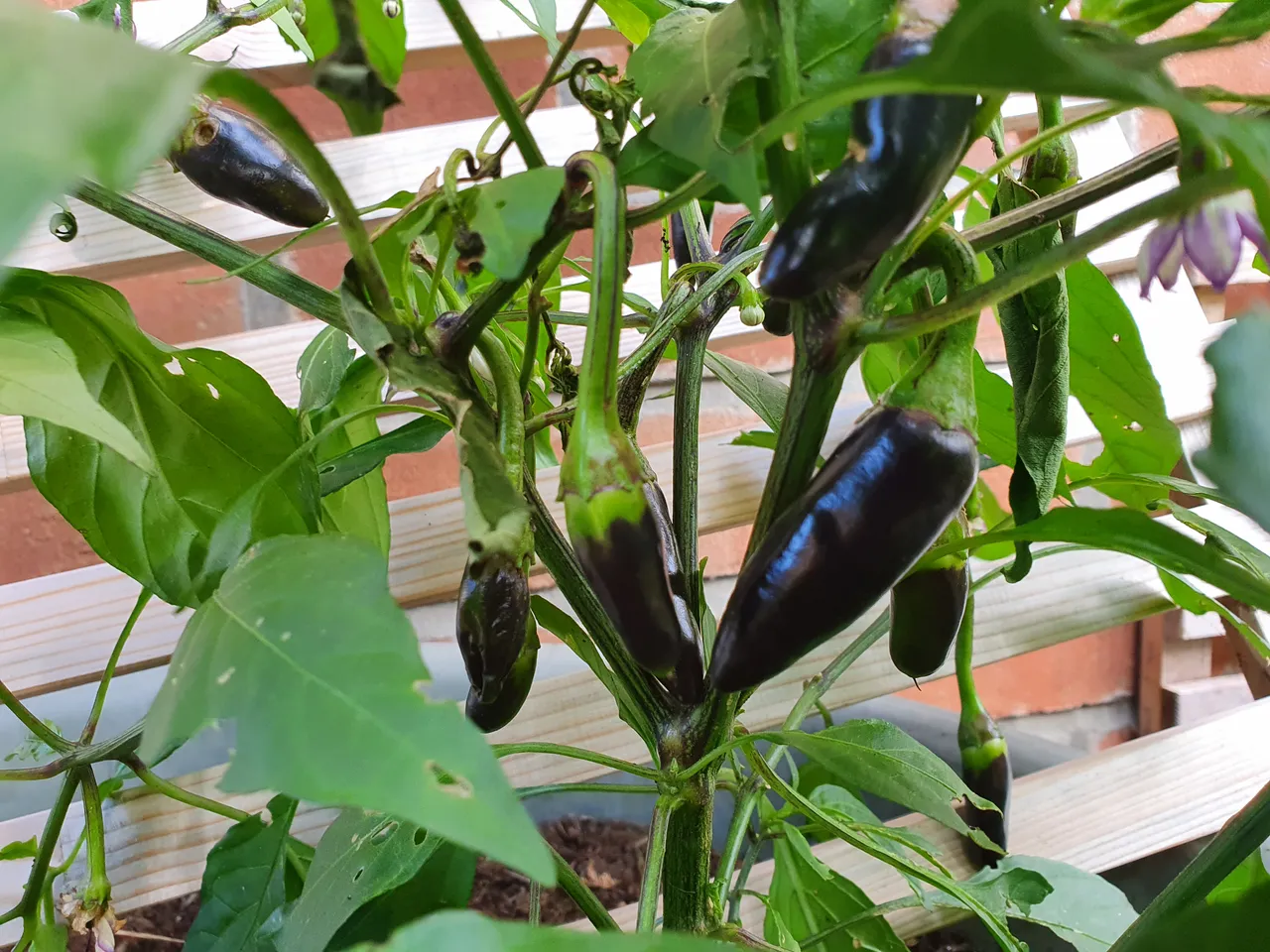
Somehow my single surviving chilli plant is still fruiting and hasn't succumb to the wet weather. While I don't have enough to freeze this year I will very much enjoy my Hungarian Black Chillies!

My Giant Parsley on the other hand is appreciating the cooler weather and has ballooned in size. I wasn't sure about growing this relatively bushy herb in a slender chimney pot but it doesn't seem to mind.
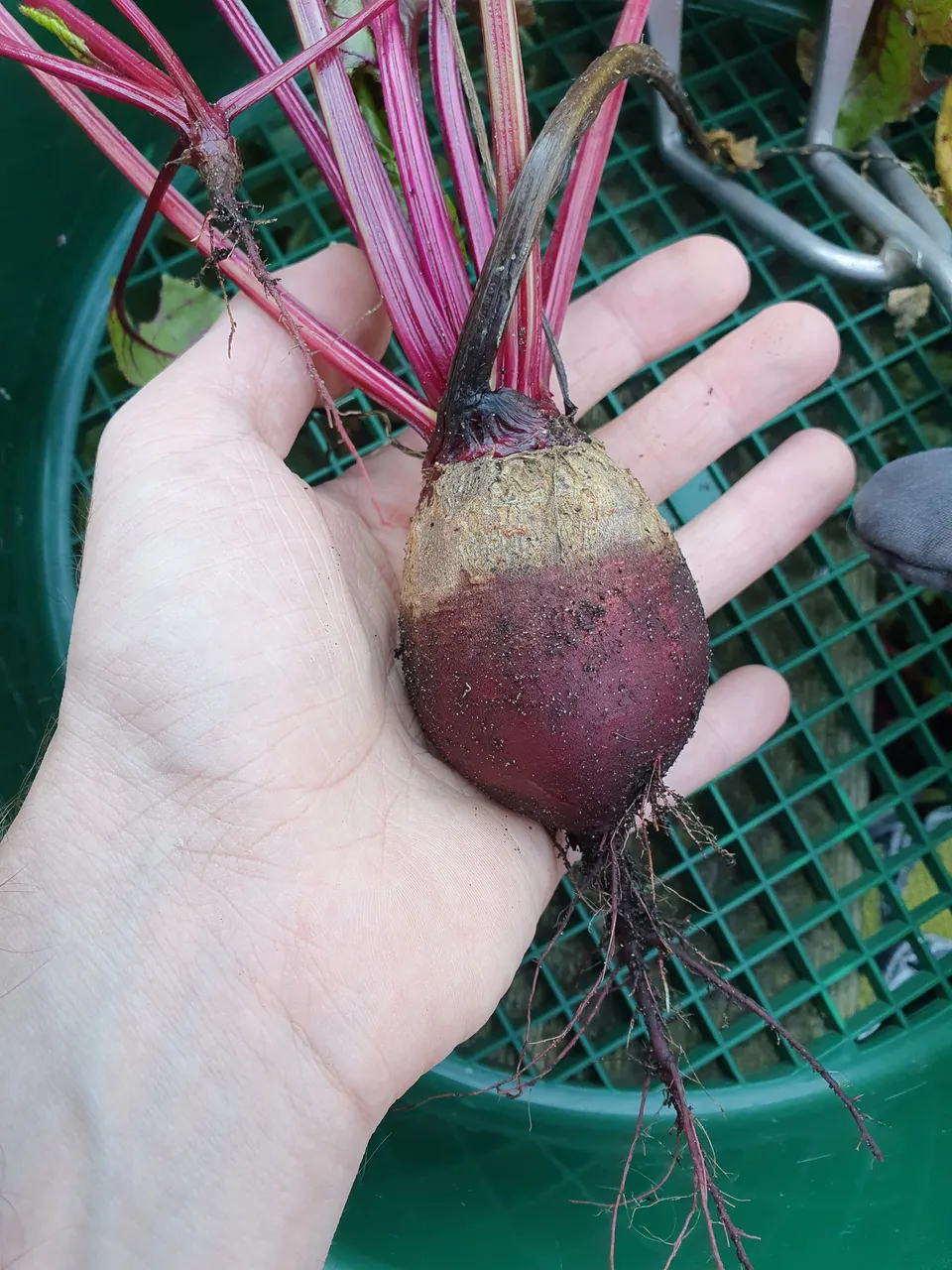
This year's harvest of Beetroot has been the best yet and will make a nice addition to the last salads of the year.
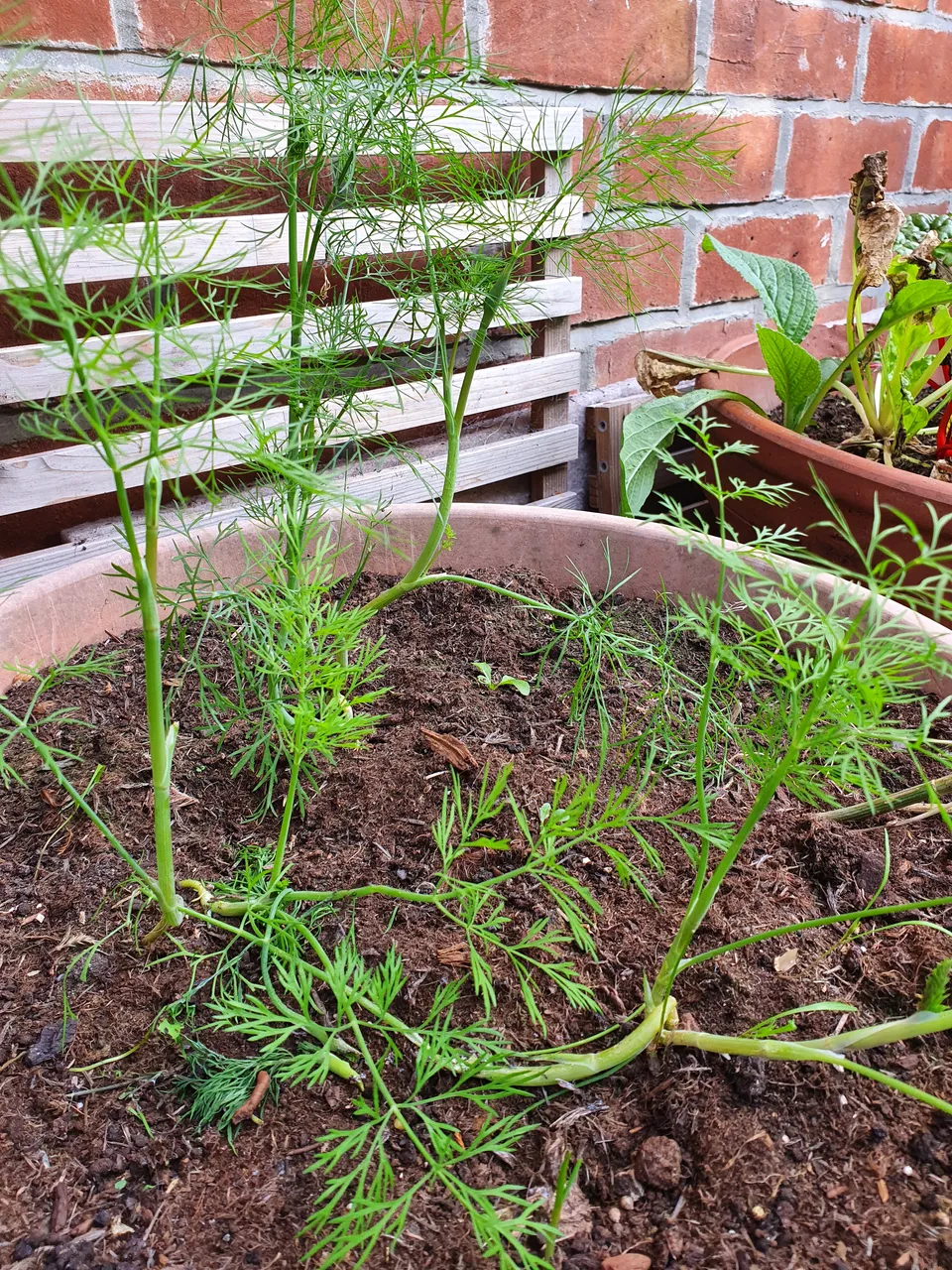
The Dill plants, which struggled during the hot, dry summer months, have recovered and are looking healthy.

After cutting back some of my section of unmanaged plants on the opposite side of my garden I have seen a massive improvement in the amount and size of blackberries we have. I believe this is probably due to less competition for nutrients as well as improved air flow around the fruits meaning they last a lot longer before becoming inedible.

This is the most pleasing adaptation I've made to my gardening practices during the course of this season, which is simply that I have allowed more plants to grow to seed. The cost of living crisis has a lot of us by the balls but I do find that we're learning important lessons in sustainability both financially and ecologically as a result. Sometimes a little hardship can be what's needed to incentivise positive changes.

THE BAD

One of my biggest mistakes this season has been to neglect covering many of my plants. If you look back through my posts you'll see a very healthy Kale plant growing in this spot. Unfortunately, I underestimated just how quickly a bird could strip this of it's leaves as this happened over the course of a day.
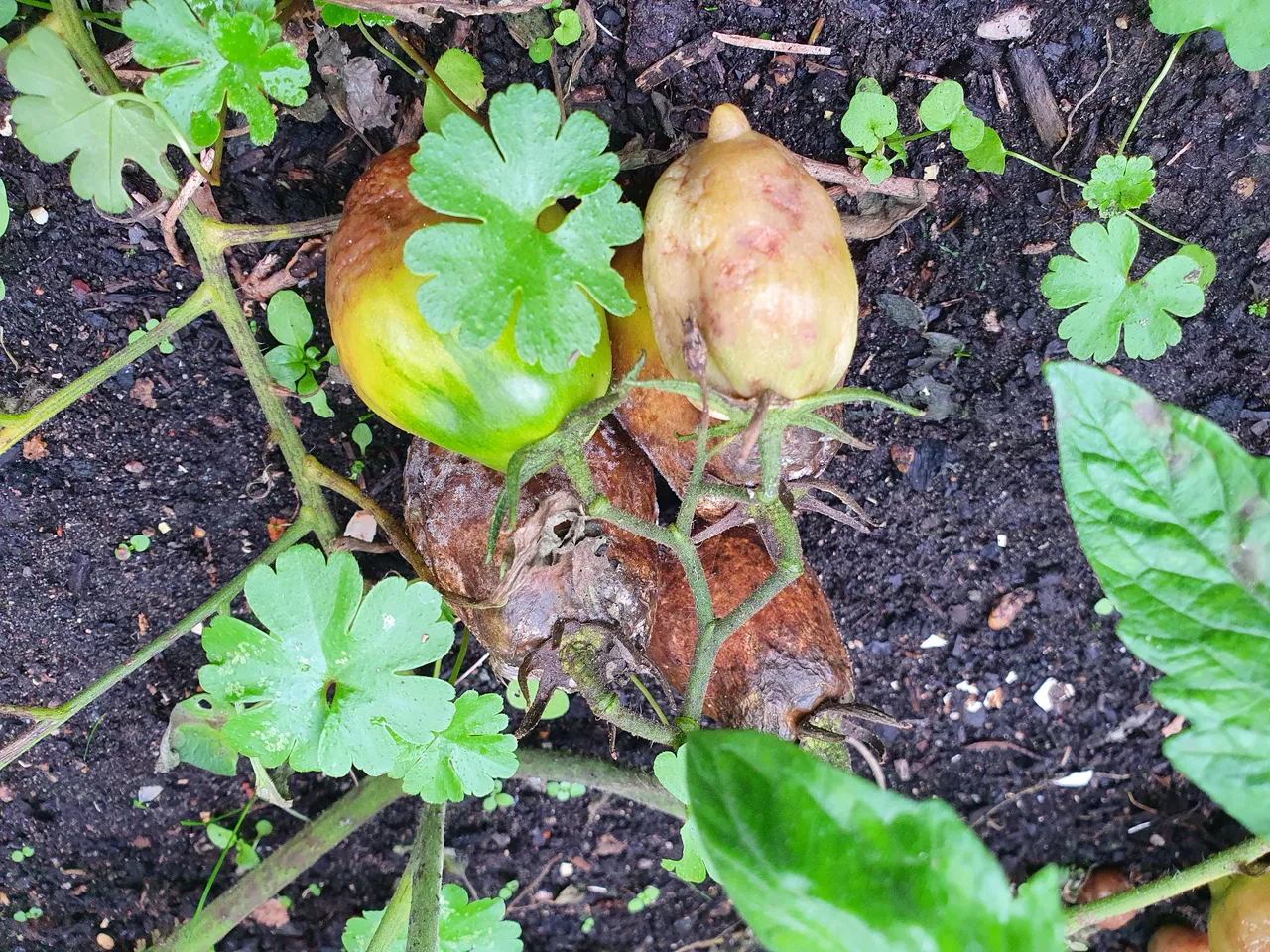
These tomatoes have succumb to the extremely wet weather of late and will sadly never make it on to our plates.
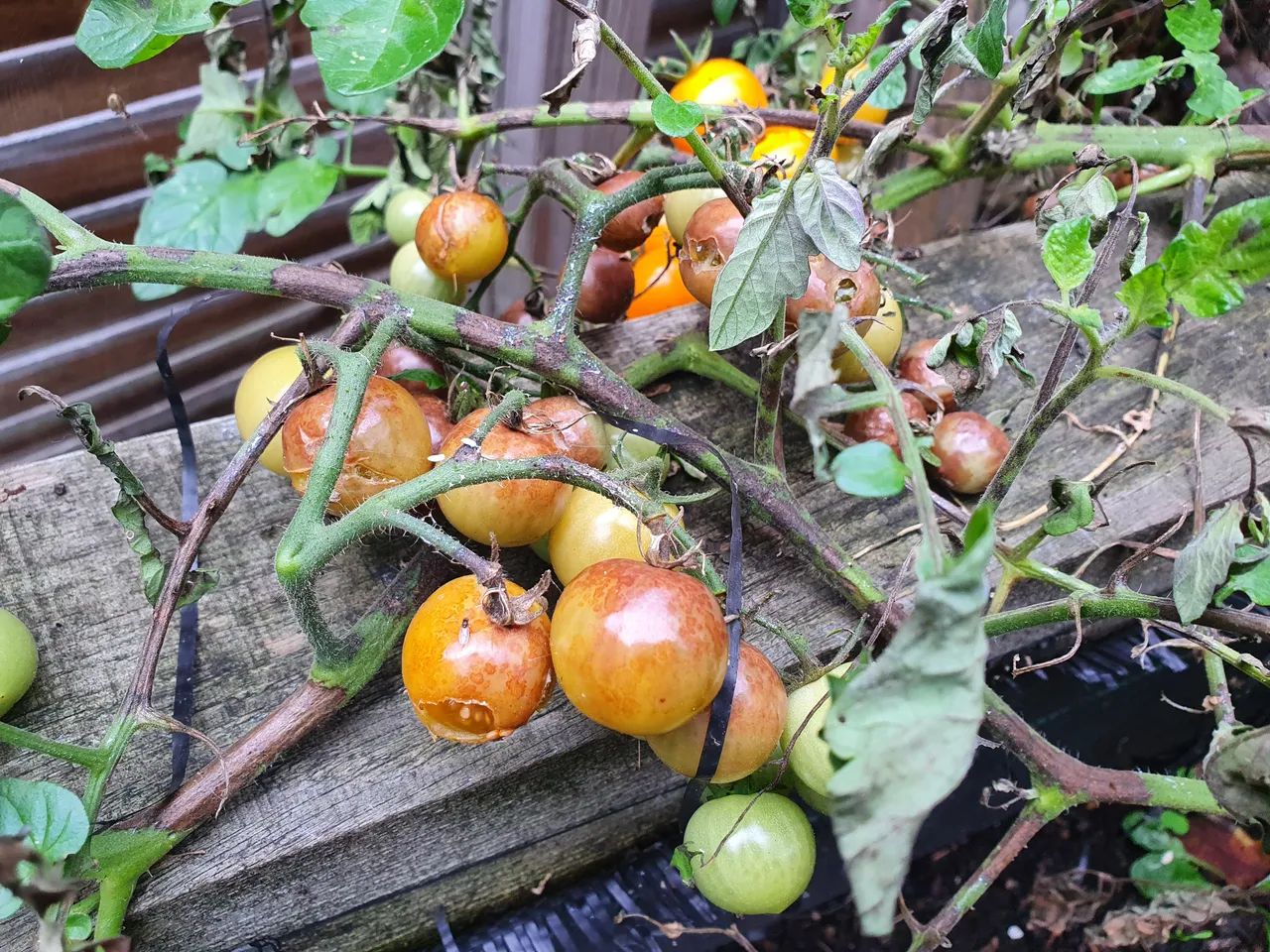
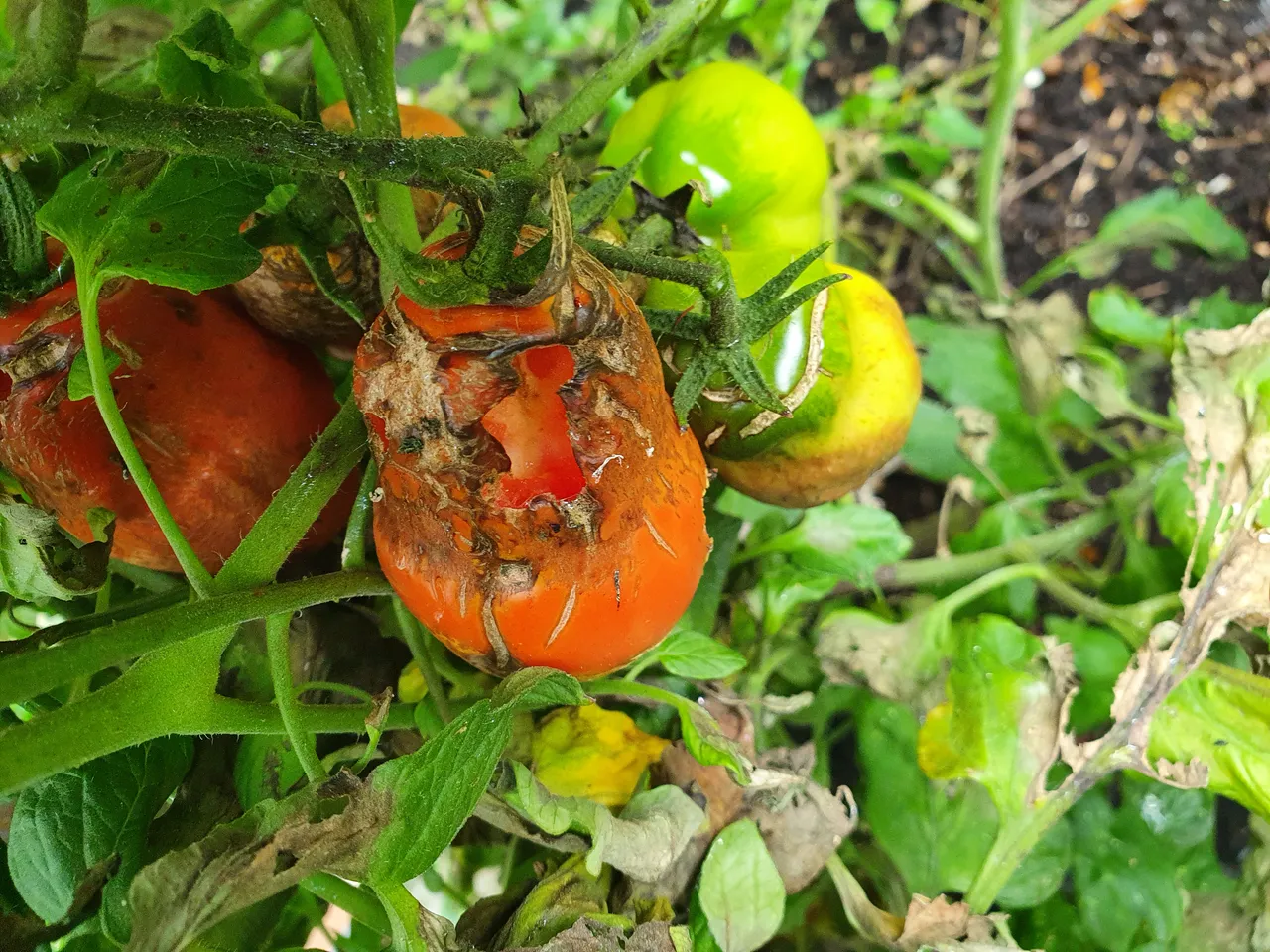
Pests really have been the bane of my life this season. This time the snails decided that tomato was on the menu!

THE PLAN GOING FORWARD🧐
I've learned a lot this year through the various trials & tribulations of the season. Like I said in the beginning, gardening is the process of learning from your mistakes and streamlining the process. These are some of my intentions going forward...
1. Get those damned bird nets up!- Next season I'll not leave it to chance. It may take me an extra 5 minutes here and there but that is nothing in comparison to the time I spend nurturing seedlings to transplant.
2. Nematodes - So I have used this eco friendly solution to slugs and snails in the past and it worked wonders. From my experience the Nematodes make a significant dent it to the population for around 2 seasons. Time to apply them again in early spring and reduce the damage done to my crops.
3. Top Up My Beds - Now that I've been using my raised beds for several years, I have noticed a major drop in my soil levels. I have addressed this recently by applying a layer of homemade compost but more is needed for some of my deeper rooting crops. Luckily my parents own some horses so I have an almost unlimited supply of horse manure. It does make weeding a bit more intensive due to the presence of undigested grass seed, however as long as it is well composted it is a great way to add nitrogen rich material.
4. Diversify - The improvement I have noticed in our supply of blackberries has inspired me to think more about how diverse my practices are and what I could do to benefit the garden as a mini ecosystem. Whereas, I did have plans to eventually redo this part of the garden to accommodate more seasonal crops, I have been convinced to shift my focus and instead use the area to grow more perennials. This will ultimately save me a lot of time and some money, as well as providing reliable habitat for insects throughout the year.

That is all from me today folks. I hope you all enjoy the post and find it useful in some way. Good luck on your harvests and please feel free to share anything that you think may help myself or other gardening buddies in the future!
Big shout out as usual to my friends in #TheAlliance, you are all awesome and continue to inspire me!



All images used are my own. Please seek permission from me if you wish to use any images.